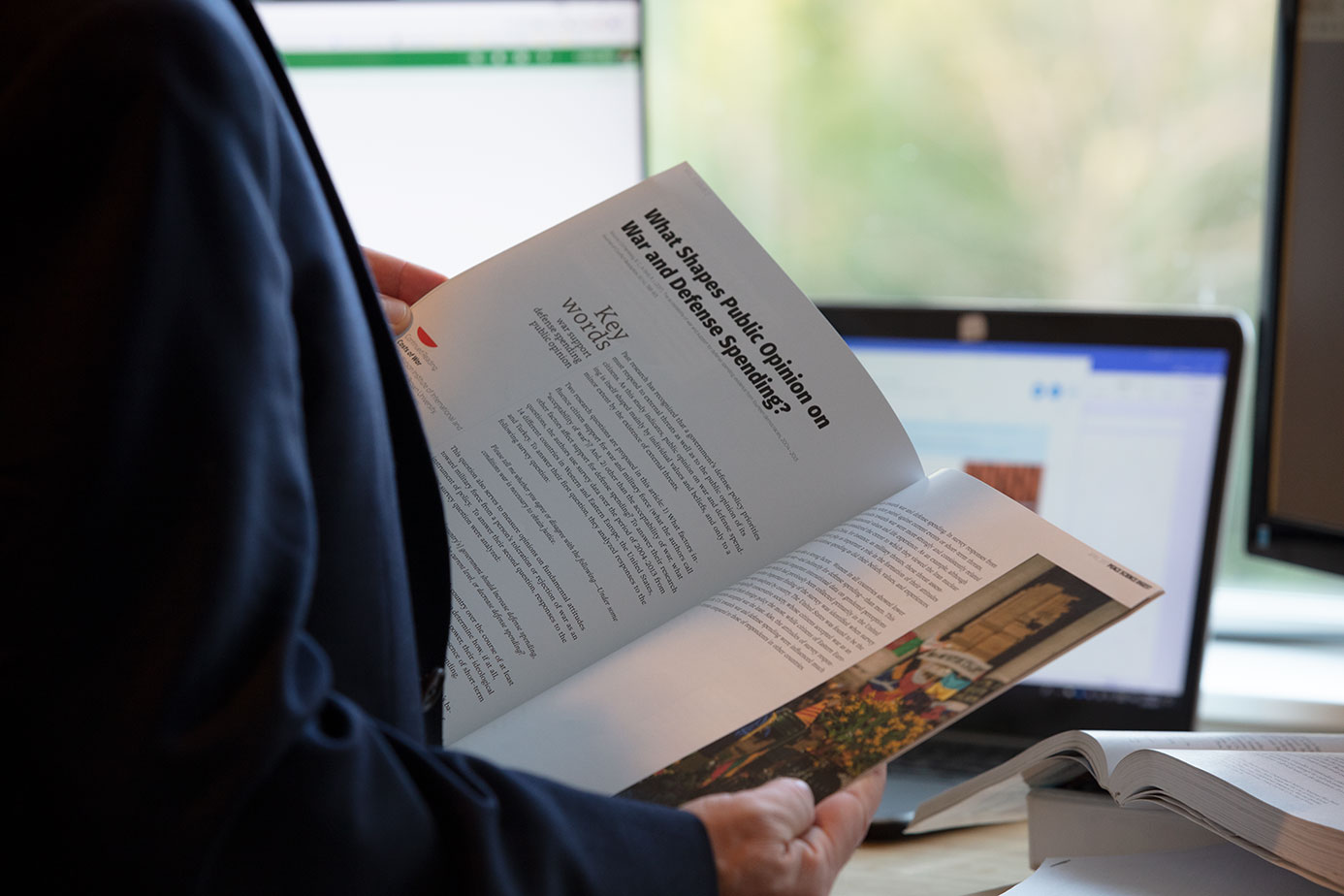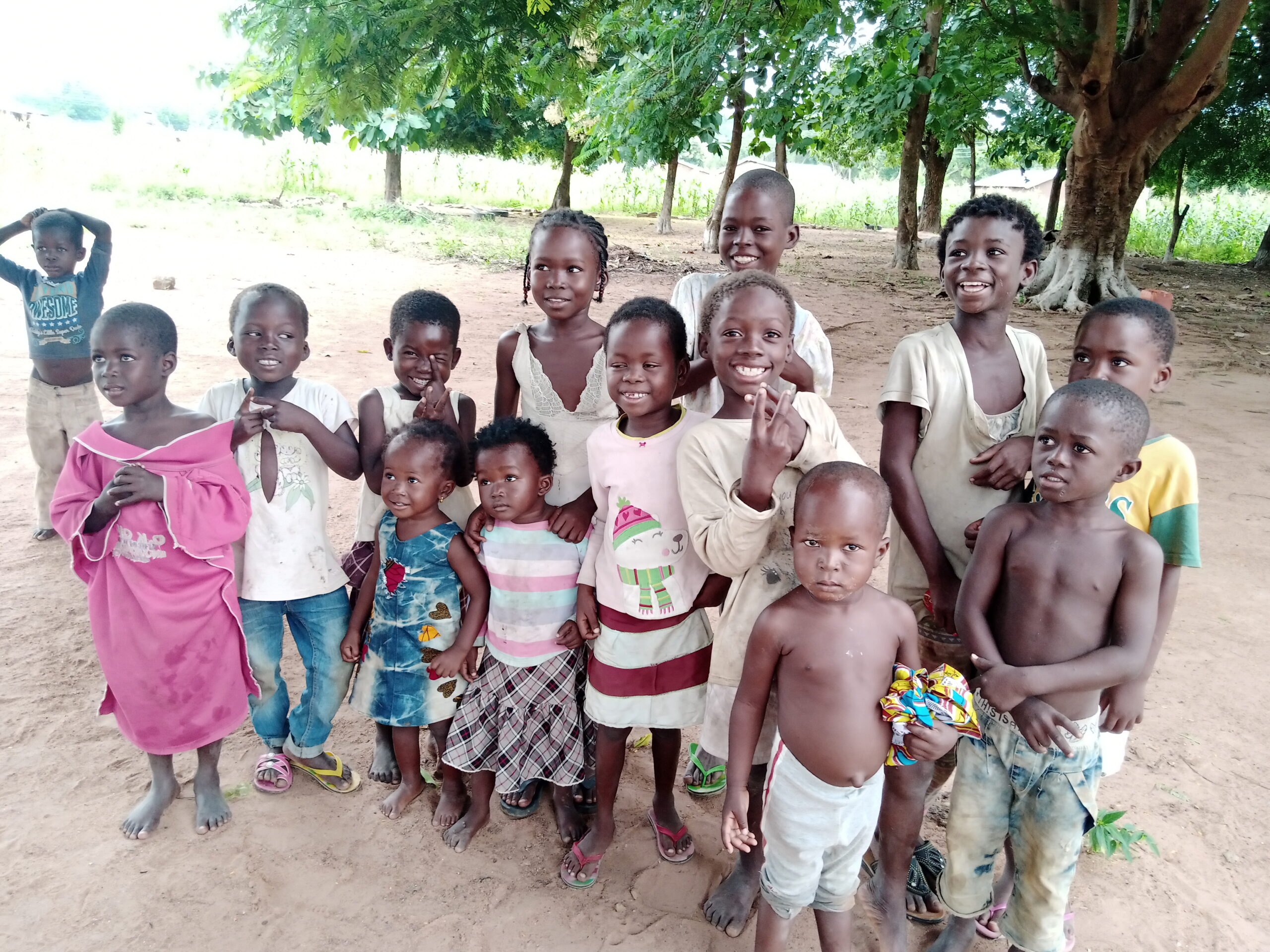
One in Four Children Around the World Live in Conflict or Disaster Zones
Over 25% of the world’s children live in areas with little to no access to education, health care, or safety. Peace Science highlights some of the risks and consequences specific to youth during violent conflict and Peacebuilding Deeply comments on how, historically, we have focused on of either the “empowerment” of youth or their “radicalization”…but neglect the young person’s critical role as a peacebuilder.

Reinforcing Sexism and Homophobia Through Political Cartoons
In both “progressive” political cartoons and state-sanctioned propaganda, sexism and homophobia are weaponized to achieve political goals and to gain/sustain public support for biggoted or violent policy.

Has Social Media Made It Too Easy To Organize Mass Protests?
Before the internet, protesters lacked social media’s networking capabilities that allow movements to coordinate and share information in real time. But now, movements have the ability to grow so rapidly that they skip preparation stages that are often vital to movement success.

Some Experts “Cautiously Optimistic” About U.S./Taliban Peace Talks
The pending negotiations between the U.S. and Taliban have some experts “cautiously optimistic”. Peace Science shows us that successful peace talks often depend on the type of leverage possessed by each party.

How Repression Can Backfire To Fuel Resistance
During resistance movements, repression can backfire. Rather than crippling the resistance, repression often fuels resistance and undercuts the legitimacy of a power elite.
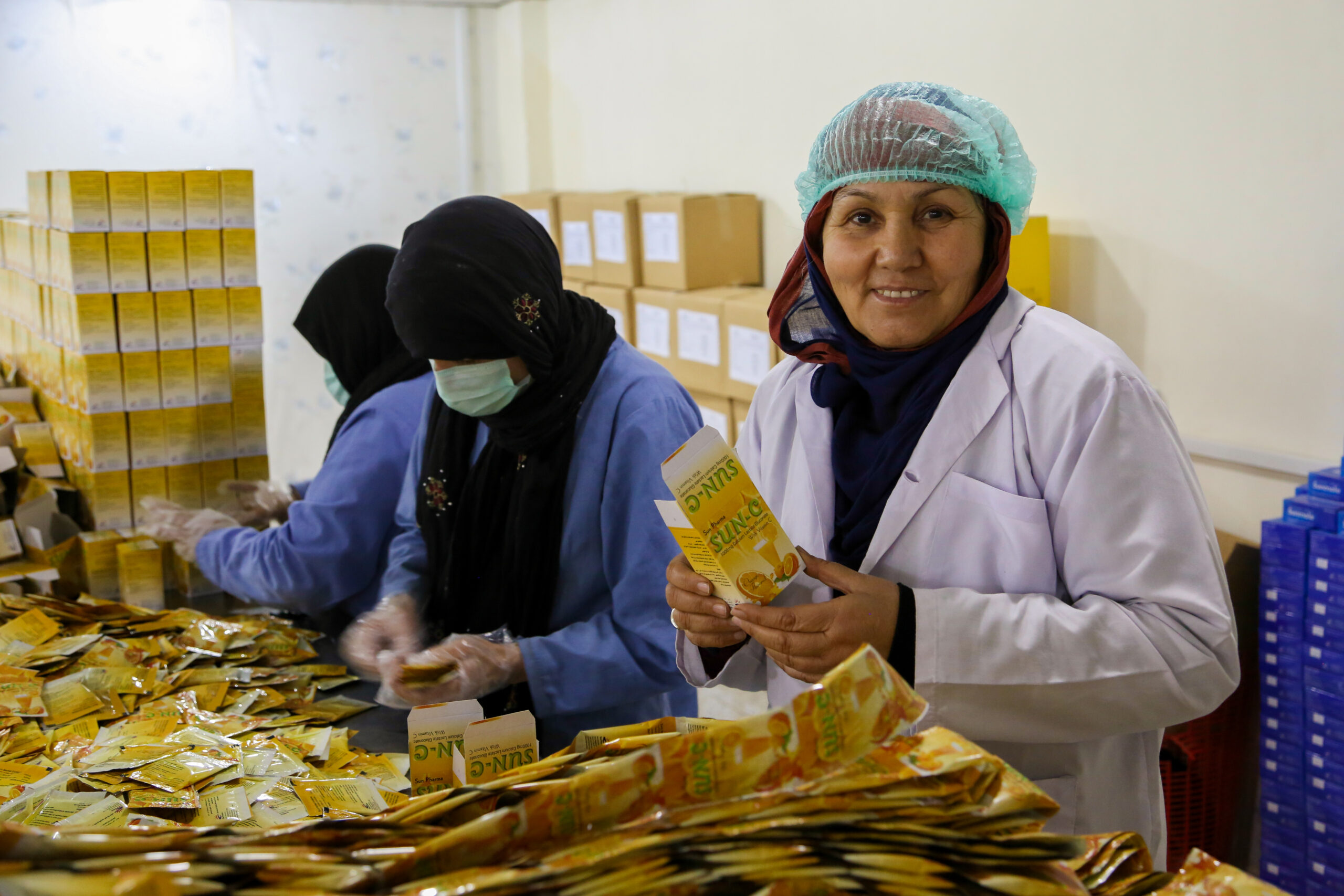
Investment In Local Businesses Can Help Peacebuilding In Afghanistan
Investment in medium-sized enterprises can play a central role in building sustainable peace in Afghanistan. Previous research on local business and entrepreneurial investment in post-conflict communities support this claim.
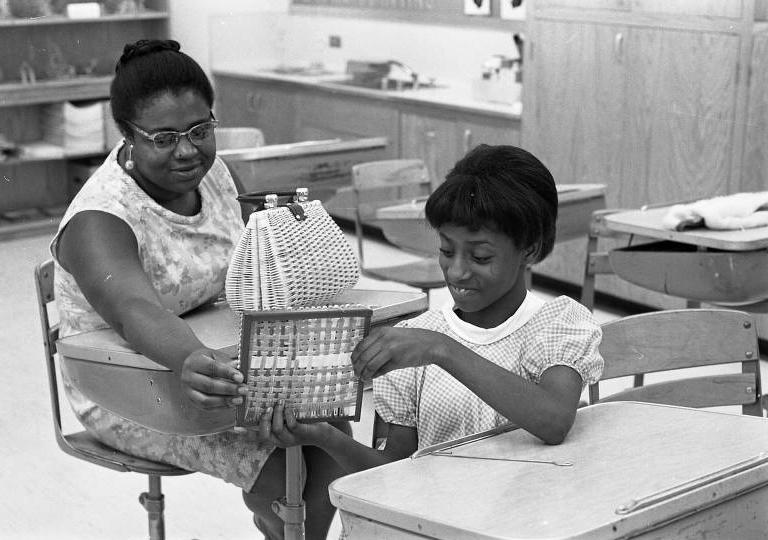
Contagious Nonviolence Defeats School Segregation
A student-led movement in Bosnia and Herzegovina successfully defeated a government plan to segregate their school. The contagious nature of nonviolent movements may have contributed to their success.
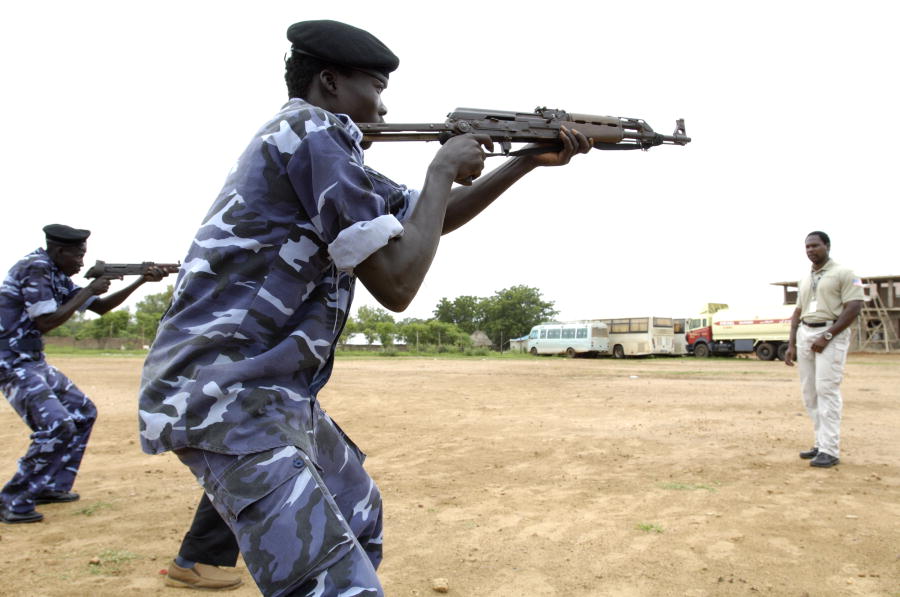
UN Peacekeepers Need Peacekeeping Training
The United Nations doesn’t have Peacekeepers, they have soldiers deployed as Peacekeepers. Peacekeeping missions are not military operations, therefore, Peacekeeper training should better reflect the peaceful mandate of the UN and abandon the militarized culture and tactics present in today’s Peacekeeping forces.

How “Liberals” Can Sustain Militarism & Enable War
Its been over a year since a major US news network has mentioned any U.S. participation in the Yemen war. Such inattention normalizes U.S. military action and contributes to the greater indifference to militarism throughout U.S. society.

Near Patagonia, Protests Begin Over New U.S. Military Base
In Argentina, protests erupt over a new U.S. “humanitarian” military base near Patagonia. Locals believe the base’s real purpose is to protect U.S. interests in the region’s natural resources.
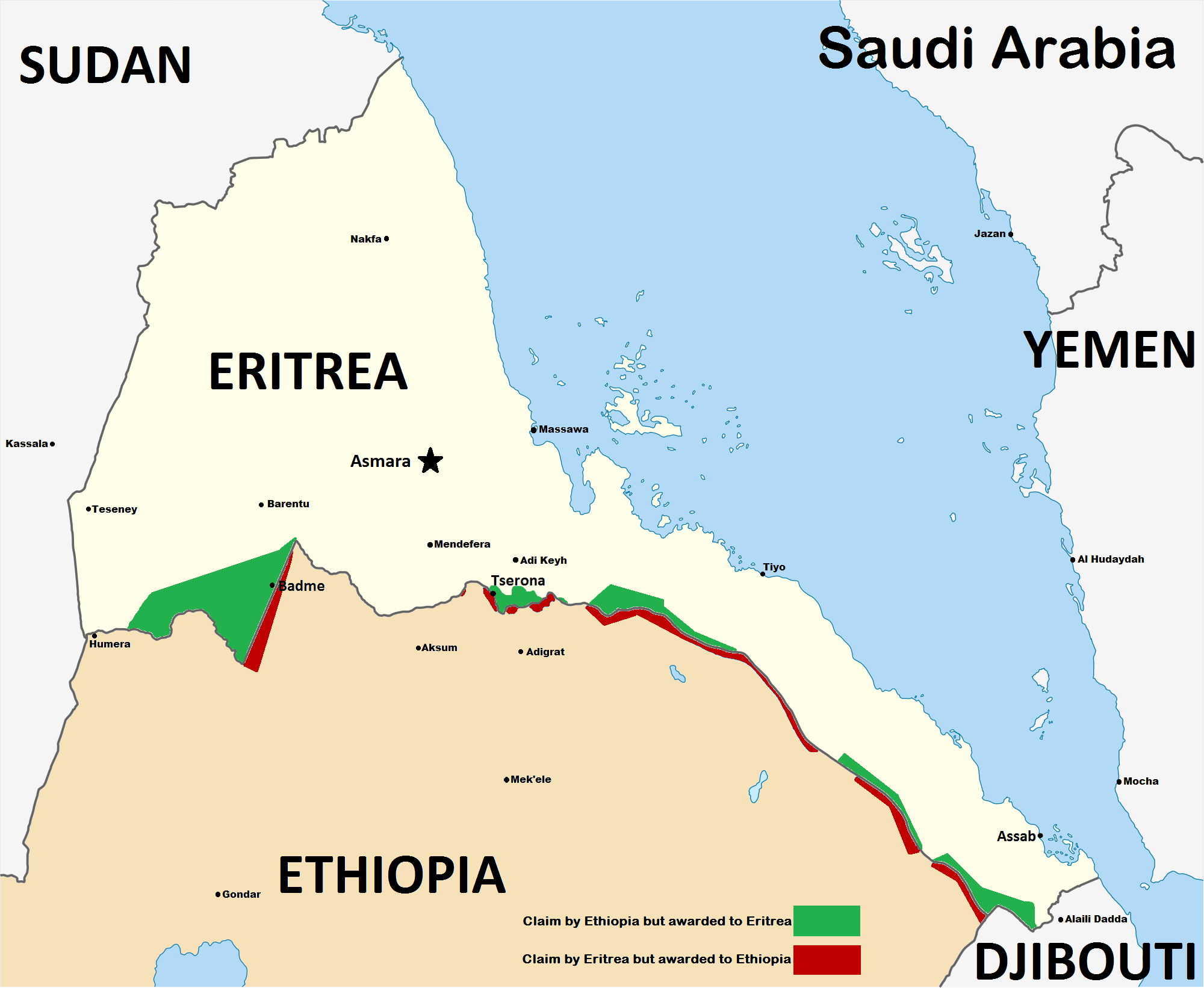
The 20 Year War Between Ethiopia and Eritrea Has Ended, Restoring Contact Between Separated Families.
Last week, thousands of Ethiopians placed phone calls they had dreamt of making for two decades. Following the end of the 20 year war between Ethiopia to Eritrea, phone lines have been restored allowing family members separated by the conflict to speak once again. Peace Science shows that access to phones decreases the occurrence of violent conflict.
